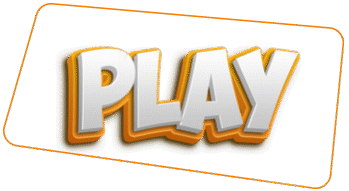
🪞 Self-Assessment Is the Mirror of Quantum Growth
Self-assessment means evaluating your own output, tracking your progress, and making honest judgments about what’s working and what’s not. But in Quantum terms? It becomes something far deeper: self-assessment is quantum mirroring.
💡 How Quantum Learners Assess Themselves
You don’t just mark a tick box. You compare your output to the best in the field. Then you ask:
Where am I now? (snapshot)
Where are they? (benchmark)
What’s the gap? (context)
What’s my next move? (strategy)
It’s not about criticism. It’s about positioning yourself on the path.
A beginner’s first website can never look like Apple.com.
But it can still be exceptional for where you are.
This is the Rosetta Stone of Independent Learning. Do this well, and the next phase becomes simple:
You know where you are
You know where you want to go
And soon, you’ll be ready to ask: How do I get there?
🎯 What Self-Assessment Builds
🧠 Metacognition: thinking about your own thinking
🧭 Self-awareness: seeing your real position without distortion
📈 Progress tracking: building confidence from evidence
🎯 Goal alignment: aligning actions with your vision
All of these prepare the learner to act with clarity and power.
⚛️ Quantum Mirror Thinking
To self-assess like a Quantum Learner:
🎥 Compare your work against masters, not just classmates
🧘♀️ Acknowledge where you are without ego or shame
🔍 Identify the skill or pattern you need to upgrade
🧭 Set a trajectory based on you, not the crowd
True clarity = knowing you’re not there yet, and still feeling proud of where you are.
That mindset unlocks the next phase: Independent Learning.
📊 Benefits of Self-Assessment
1. Greater learner responsibility
2. Higher metacognitive awareness
3. Increased independence and resilience
4. More accurate understanding of goals and progress
Ready to Try It?
👇 Download the free lesson. Pair up. Try the activity. Watch what happens.
References
- Andrade, H., & Valtcheva, A. (2009). Promoting Learning and Achievement Through Self-Assessment. Theory Into Practice.
- McMillan, J. H., & Hearn, J. (2008). Student Self-Assessment: The Key to Stronger Student Motivation and Higher Achievement. Educational Horizons.
- Boud, D. (1995). Enhancing Learning Through Self-Assessment. Routledge.
- Nicol, D. J. (2009). Assessment for learner self-regulation: Enhancing achievement in the first year using learning technologies. Assessment & Evaluation in Higher Education.



